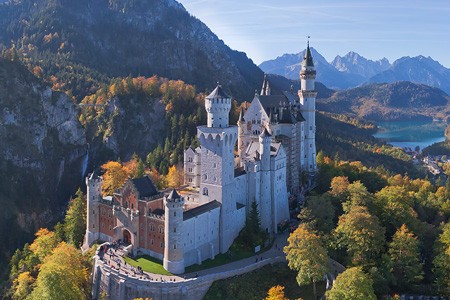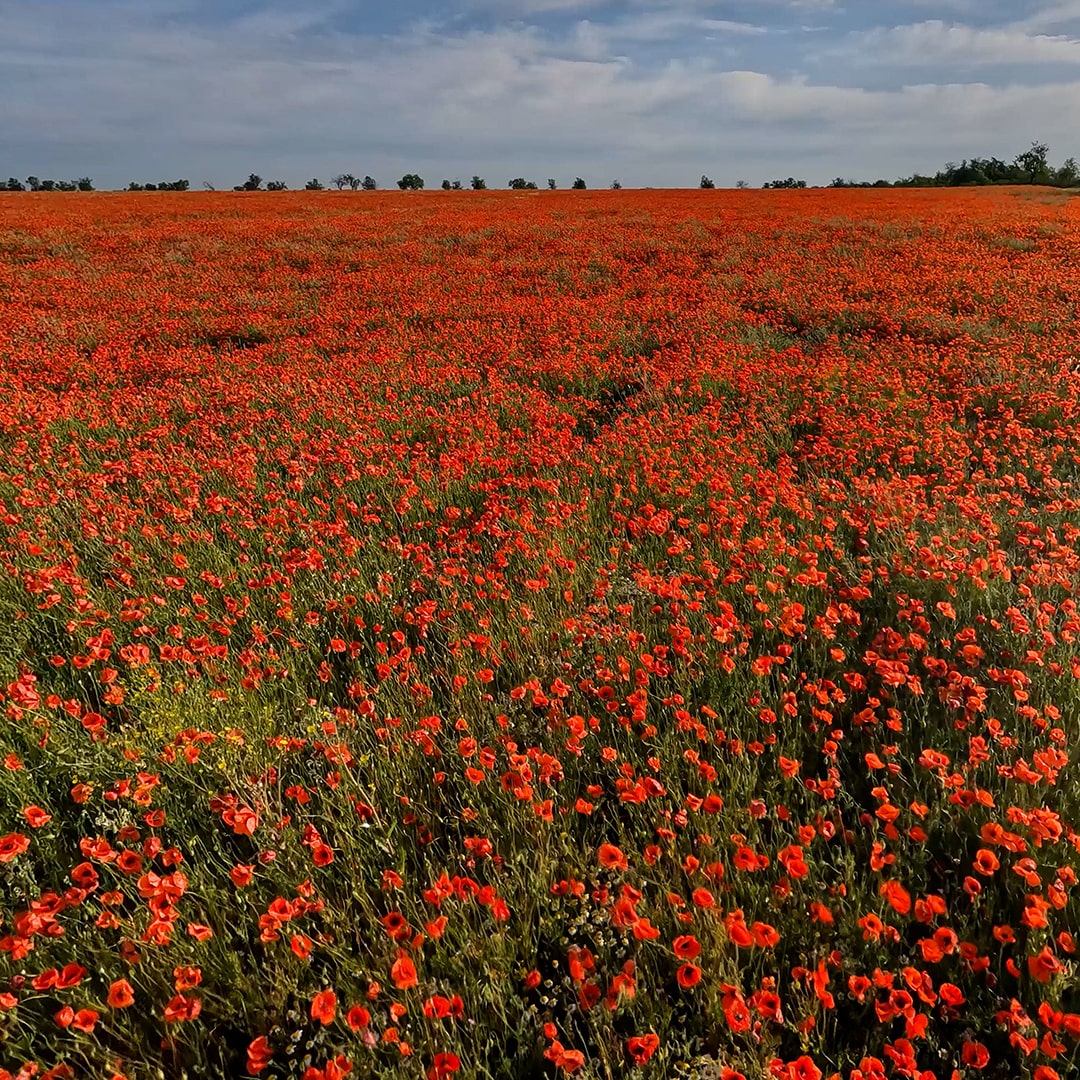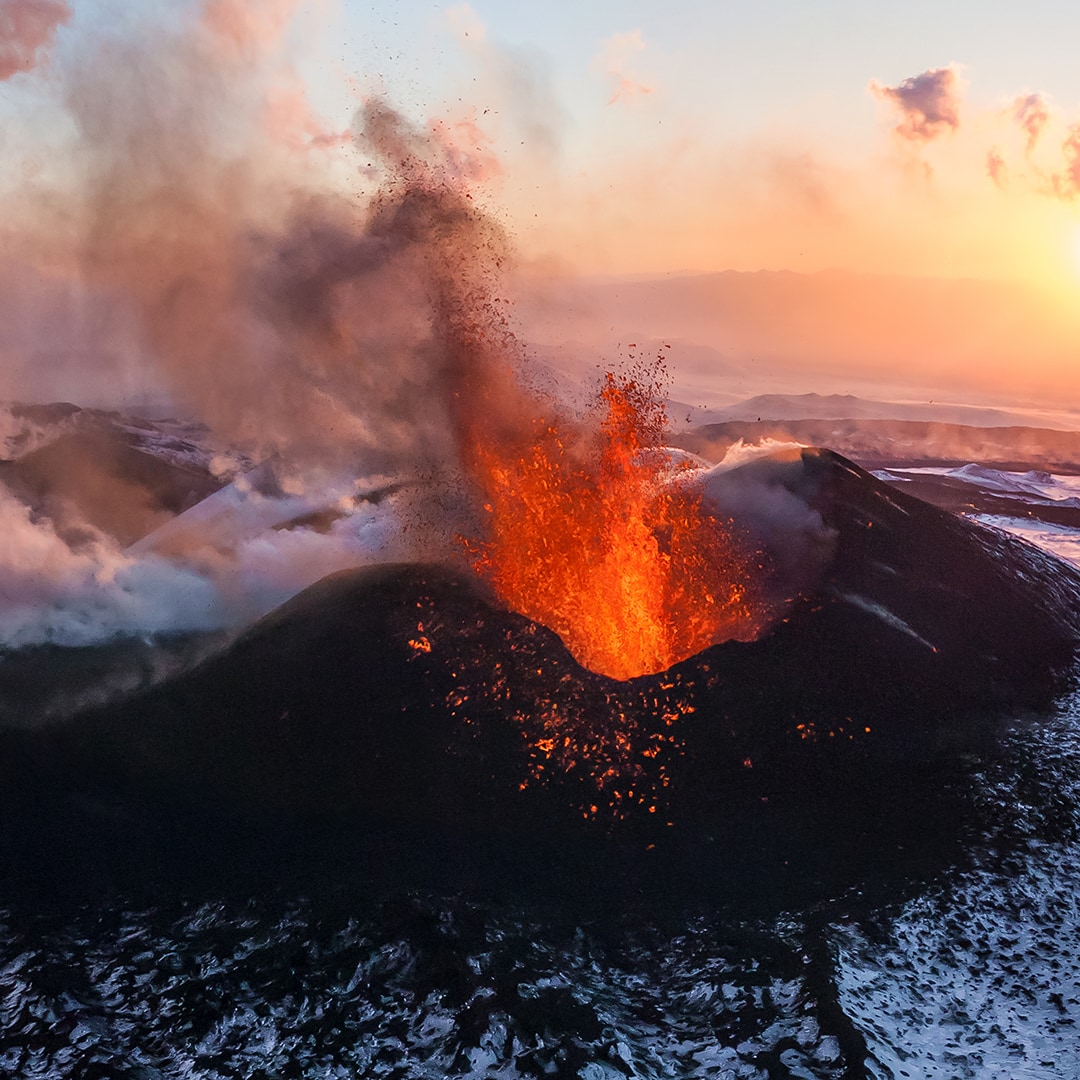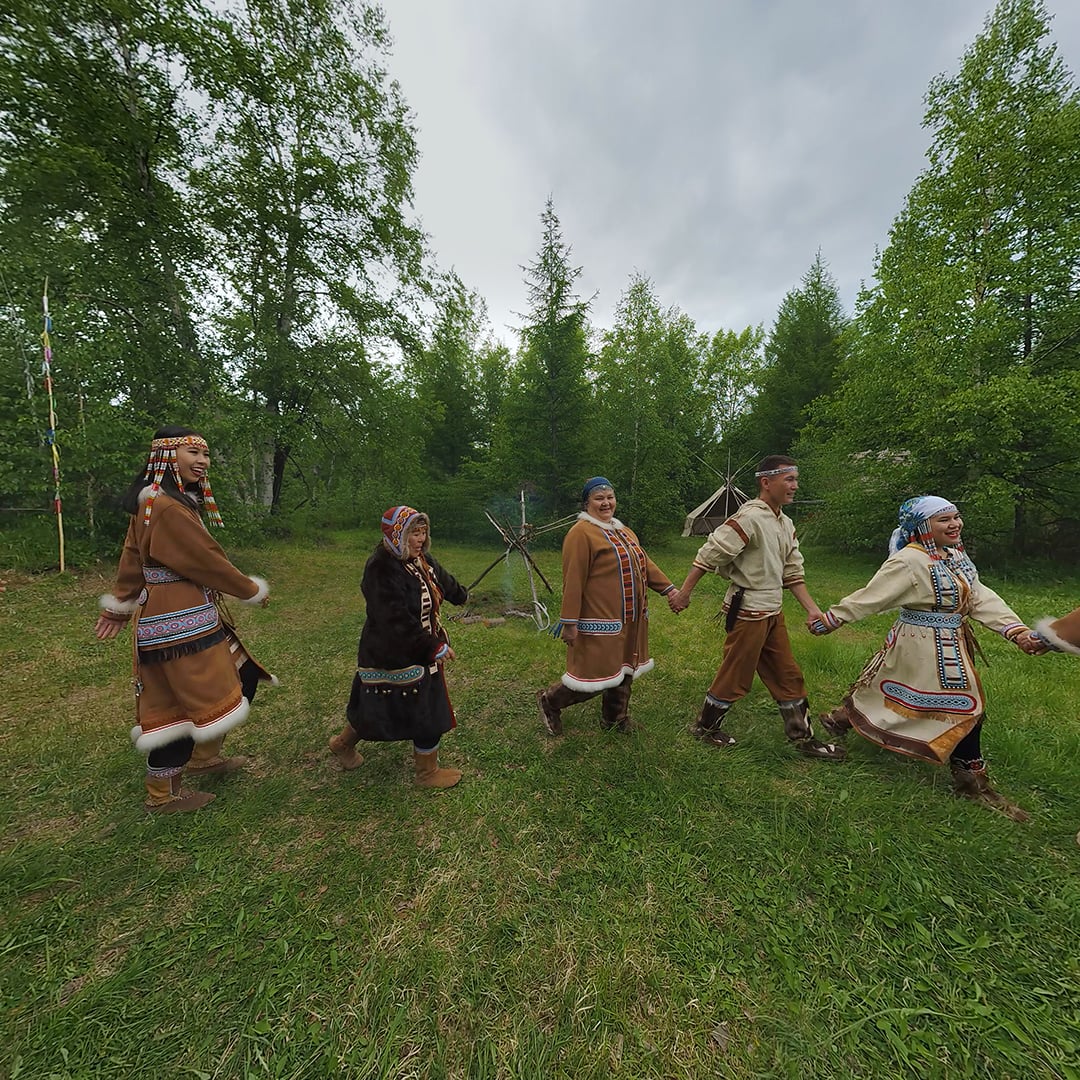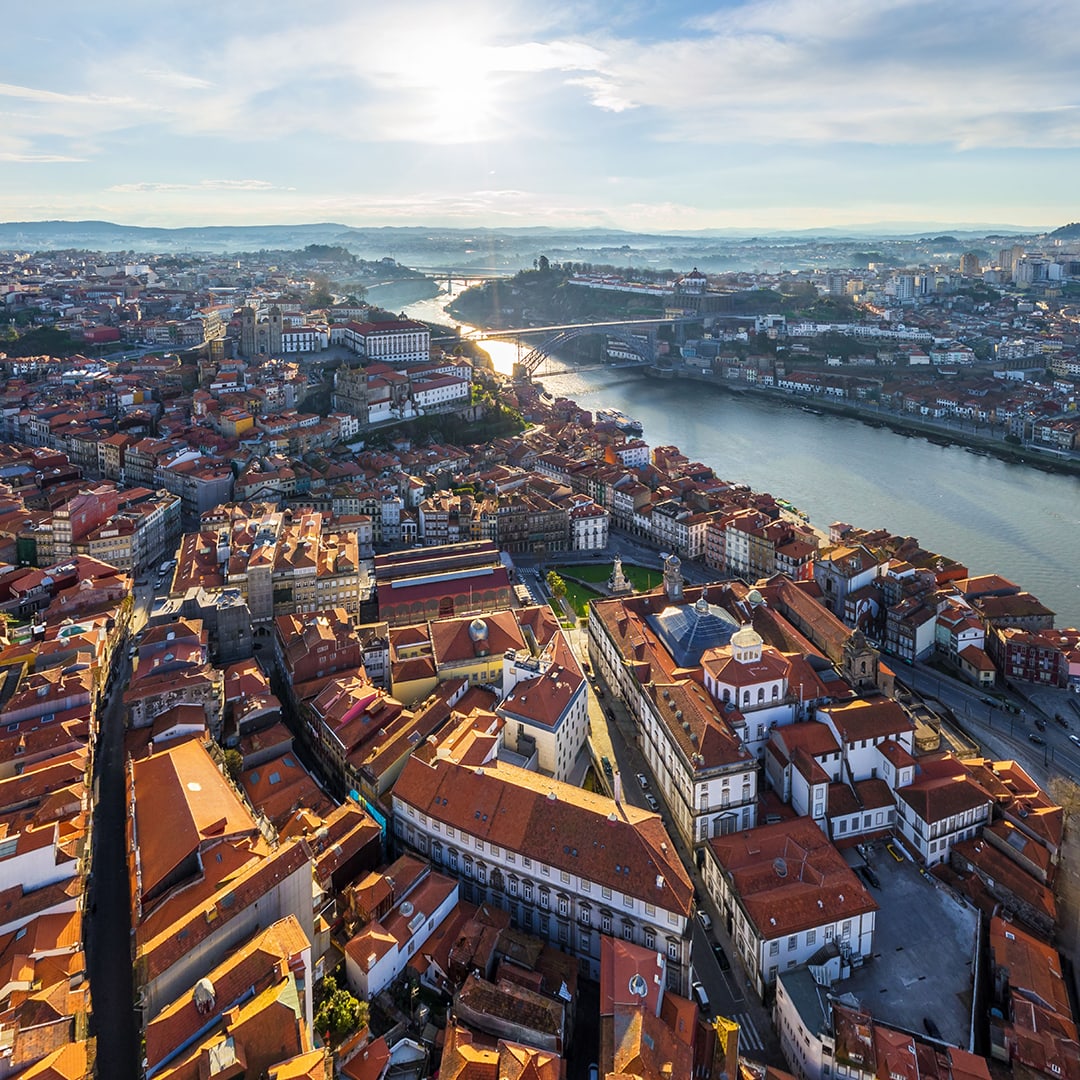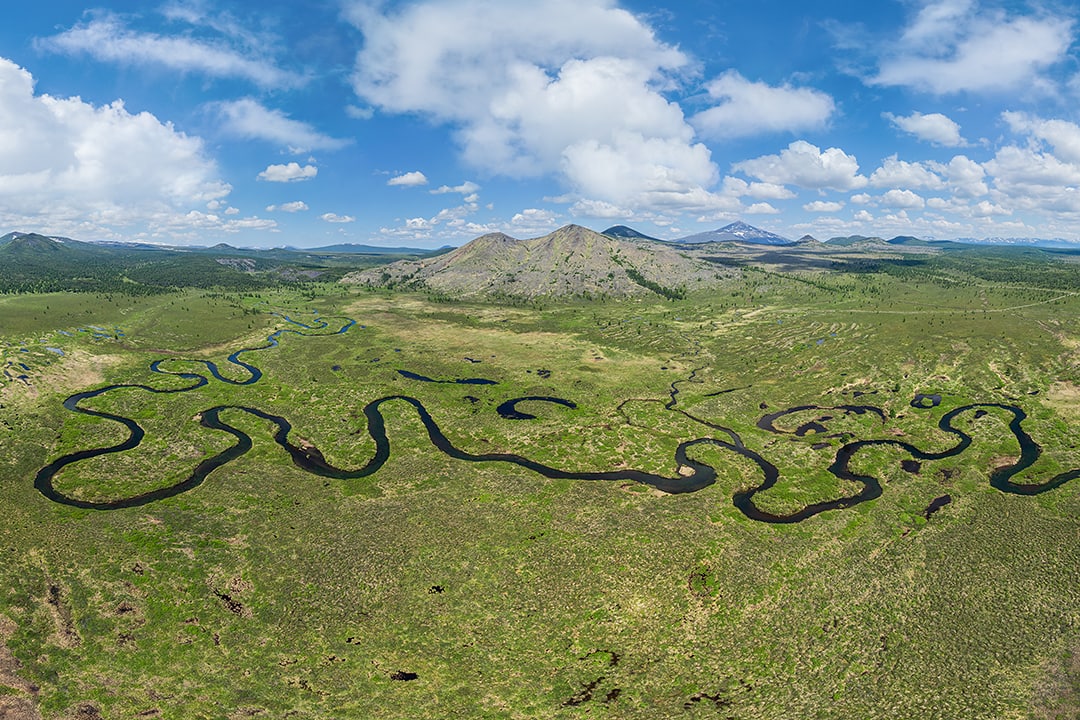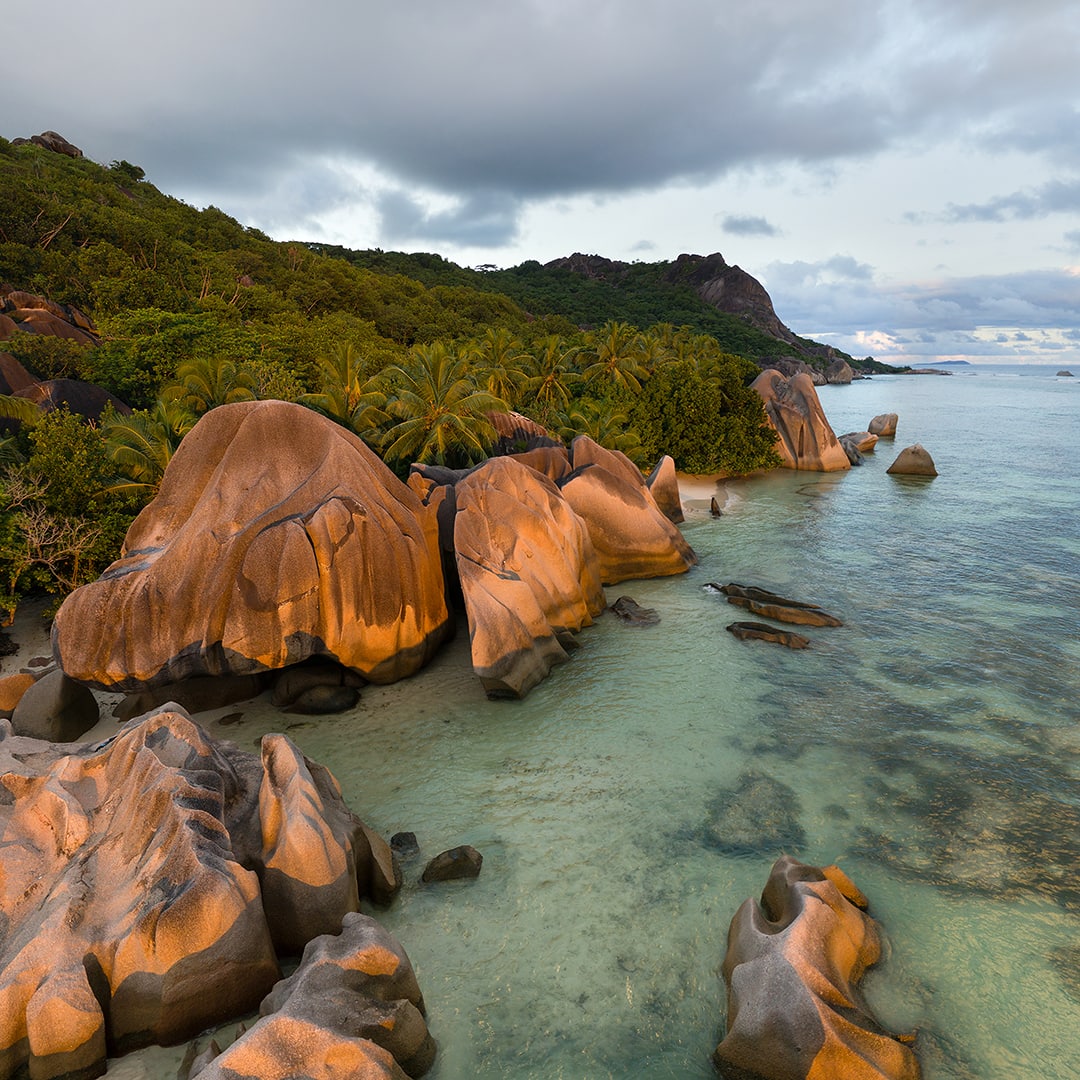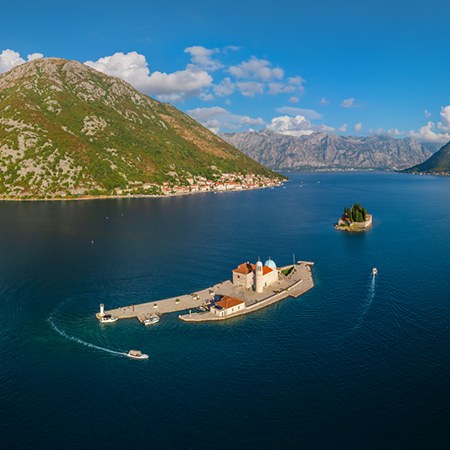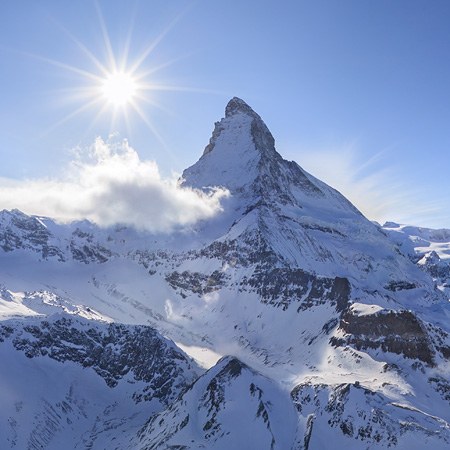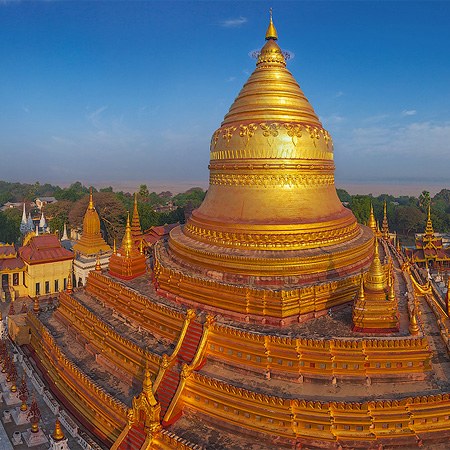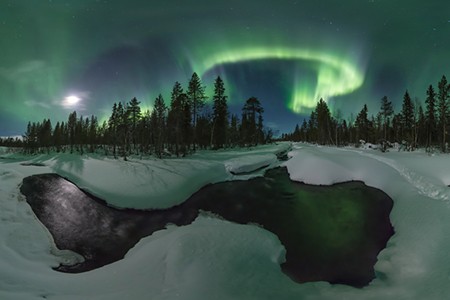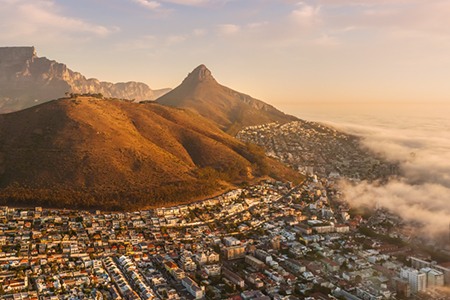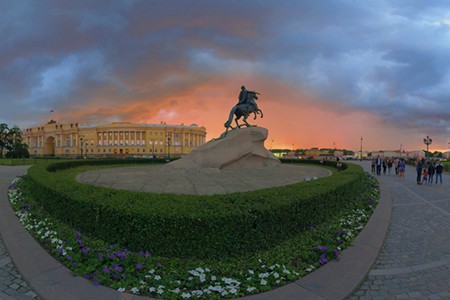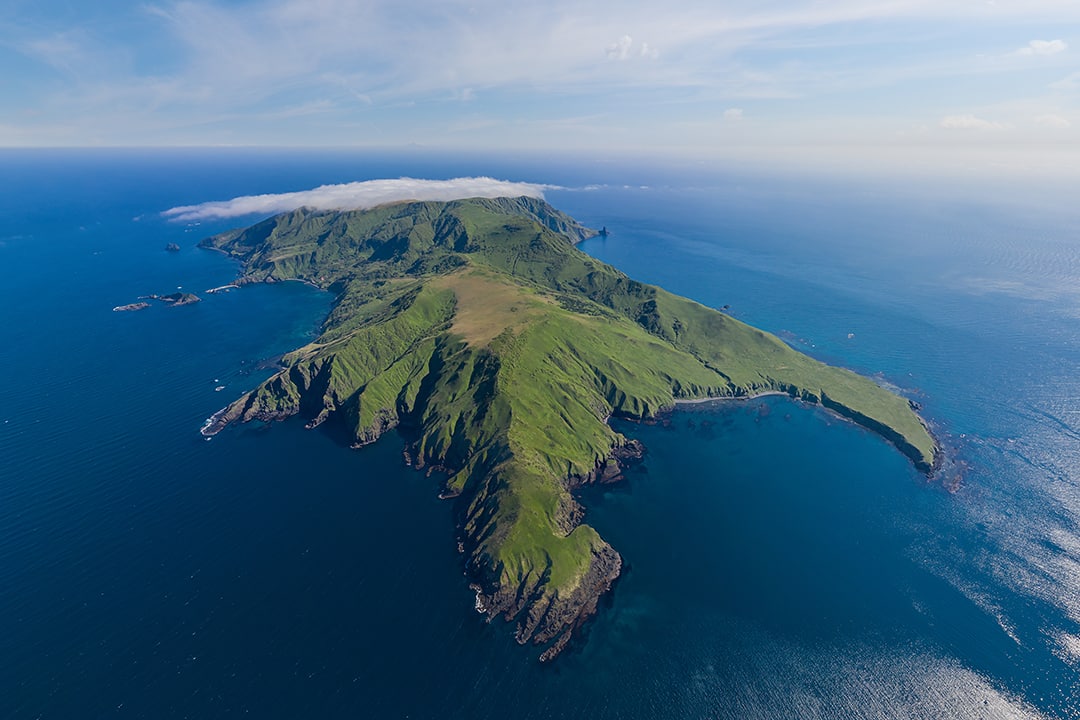Fussen Town, Neuschwanstein and Hohenschwangau Castles, Germany
This virtual tour concludes our series of panoramas about the most beautiful castle in Bavaria — Neuschwanstein (click to open our first virtual tour above the castle). Around the famous castle located many other attractions. We were able to capture the castle Hohenschwangau. We have done even a night panorama. We also flew over the town of Fussen, so you can look at this town in our tour.
Germany is the land of fairy tales that gave the world Wilhelm Hauff and The Brothers Grimm, for example. Germany is also home to the most magical castle on the planet, Neuschwanstein Castle, the name of which translates as «The New Swan Cliff». It was built in the second half of the nineteenth century by Ludwig II of Bavaria, or as they called him, «The Fairy-Tale King».
Ludwig II holds a special place amongst other German rulers. What set him apart from his stringent and warrior-like predecessors was his romanticism and dreamy character, so much so that he channelled all of his statesman's passion (alongside with state funds) towards making his dreams come true, dreams of magical countries populated by fairy-tale creatures.
Disillusioned by the daily routines of Munich, Ludwig II was not interested in its problems. Instead, day by day he became more and more submerged in his own dream world. This gave the world several castles — Herrenchiemsee, Linderhof and Neuschwanstein, each one is a masterpiece of world architecture, enchanting us with its weightlessness and fairy-tale silhouettes with magnificent mountains as a backdrop.
Wartburg Castle was chosen as the model for Neuschwanstein as it is the only remaining castle from the feudal period in Bavaria. Ludwig the II's creation surpassed the original. At the time the King was very deeply moved by Richard Wagner's opera «Lohengrin», he saw himself in the opera's main character, the noble white swan-knight, a fairy-tale hero of the ancient legends. And with the help of architects he created his own «Swan Castle».
The walls of the castle depict the magical world of «The Song of The Nibelungs» («Nibelungenlied»), medieval legends of Przival, Lohengrin and Tannhäuser, The Holy Grail, Tristan and Isolde... The masters spent a long time working very carefully on every hall and every panel painting, with every detail a true masterpiece. This is also the reason why the building work took so long and failed to reach completion even in Ludwig's lifetime. As an example, the wood carving in one bedroom took 14 carpenters 4 and a half years.
Yet the King had the incredible ability to combine fantasies with reality, and despite the castle's heavenly appearance, it was equipped with all the modern technology of its time. The rooms in the royal residence were fitted with hot air central heating, toilets were equipped with an automatic flushing system, electric bells were in place to summon servants and some floors even had telephones!
Neuschwanstein is first and foremost a true fairy tale made of stone. It became the prototype for the Sleeping Beauty castle in Disneyland Paris and a source of inspiration for Tchaikovsky's ballet «The Swan Lake». But in the end it drove the King insane, and instead of attending to the urgent duties of his country as a ruler, he went on expeditions, following the footsteps of Wilhelm Tell or had dinner with the spirit of Louis XIV. Night became day and day became night for Ludwig II and for that he was nicknamed The Moon King.
According to Bavarian law a king can be removed from power if found unfit to govern. It is not surprising then that eventually (in 1886) he was deposed. He was transported to the Berg Castle and died the next day in a lake under mysterious circumstances together, with the psychiatrist who diagnosed him as insane. These mysterious events have contributed to the intriguing image of the castle. Just two months after the King's death, the unfinished Neuschwanstein was open to visitors!
And it was the right thing to do. No stories or photos of Neuschwanstein can possibly depict its beauty. Once you have admired our aerial panoramas, we strongly recommend you see the fairy tale for yourself. Getting to Neuschwanstein Castle: there are trains and taxis available from nearby towns.
There are several other famous castles in the area surrounding Neuschwanstein, namely Hohenschwangau, Füssen and Schwangau. For the convenience of tourists, a special "romantic road" was created (Romantikstrasse), a special tour popular with visitors to Bavaria. The surrounding area also boasts ski slopes and special lifts to take skiers and tourists to the top of the Tegelberg Mountain. In general, even a whole day is not enough to fully enjoy the beauty and diversity of this place.
And now Sergey Semenov and Stas Sedov speak. They will tell us abour their trip to Neuschwanstein Castle.
This four-day trip had only one purpose — to shoot the famous Bavarian castle surrounded by colorful autumn trees. We waited for the precise moment, when leaves turn red, green and orange for the short period of time.
Technically the photo shoot of this type shouldn't take more than two days. However, we decided to give it some extra time... As it turned out, it was a wise decision. Mountains stay mountains (even if it's just low foothills of Alps in Southern Bavaria), so the weather is rather unpredictable there. It is also worth mentioning, that the only time when the castle is perfectly lit for the photo is that short 30-minutes window in the morning. Afterwards the sun travels leaving only the sidewall of the castle in light.
We arrived. But apparently the weather didn't want to cooperate. Day one — it was raining all day; photo shoot was canceled. Day two — the same thing.
On the third day the weather tricked us again. The thick fog covered everything from the very morning. Regardless, we were full of optimism, so we climbed the mountain above the castle, and then descended into the valley, hoping to find a clearing. No luck. Finally after three hours of waiting we decided to shoot the castle at any cost.
However, there are no good shooting spots when the visibility is 30-40 meters. Except for one — right from the center of the castle! Although it's rather risky to fly and shoot in the castle...
Anyhow, we took our chance. Thank God that all the tourists were asleep at such an early hour. The take-off was very difficult due to heavy fog, which was in reality 100% humidity. It condensed large drops of water on the equipment, so we had to be quick. There was no time to go back and correct mistakes.
Our RC helicopter took off and quickly disappeared into the fog. All we had was the screen of our laptop with blinking control lights and short beeps of the height sensor in Stas's headphones. The time passed very slowly.
In a few minutes, here it was — our helicopter returned from the white foam of the fog, all wet, as if it was in a shower. Everything was covered with large drops of water: the helicopter, the camera, and the lens. Nevertheless, the equipment did its job just fine, and we immediately returned to our hotel room to dry it.
So this is the story of shooting this spherical panorama.
We spent the following day waiting, and only on the forth day did nature smile at us. The weather was wonderful and we shot, and shot, and shot...

Filmed in 2011. Neuschwanstein Castle https://neuschwanstein.de/
Photo and Text by Sergey Semenov, Stas Sedov
24 April 2012
Read more
Photogallery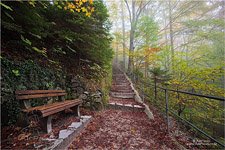 Germany, in the park of the Neuschwanstein Castle
Germany, in the park of the Neuschwanstein Castle
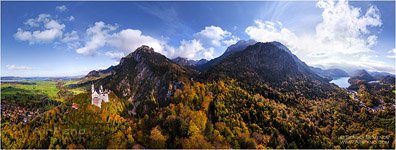 Germany, Neuschwanstein Castle and surroundings
Germany, Neuschwanstein Castle and surroundings
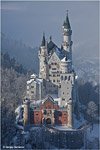 Neuschwanstein Catle in the winter #5
Neuschwanstein Catle in the winter #5
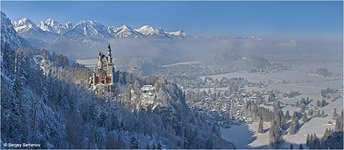 Neuschwanstein Catle in the winter #2
Neuschwanstein Catle in the winter #2
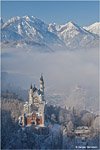 Neuschwanstein Catle in the winter #6
Neuschwanstein Catle in the winter #6
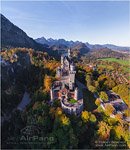 Germany, Neuschwanstein Castle #2 https://neuschwanstein.de/
Germany, Neuschwanstein Castle #2 https://neuschwanstein.de/
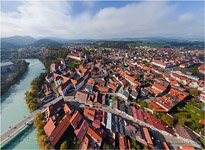 Germany, Fussen Town
Germany, Fussen Town
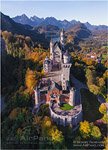 Germany, Neuschwanstein Castle #1 https://neuschwanstein.de/
Germany, Neuschwanstein Castle #1 https://neuschwanstein.de/
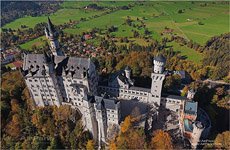 Germany, Neuschwanstein Castle https://neuschwanstein.de/
Germany, Neuschwanstein Castle https://neuschwanstein.de/
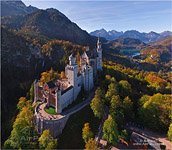 Germany, Neuschwanstein Castle. Main entry https://neuschwanstein.de/
Germany, Neuschwanstein Castle. Main entry https://neuschwanstein.de/
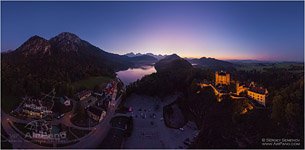 Germany, Hohenschwangau Castle in the evening
Germany, Hohenschwangau Castle in the evening
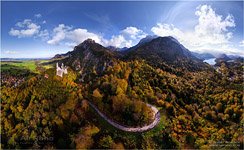 Germany, the road to the Neuschwanstein Castle https://neuschwanstein.de/
Germany, the road to the Neuschwanstein Castle https://neuschwanstein.de/

